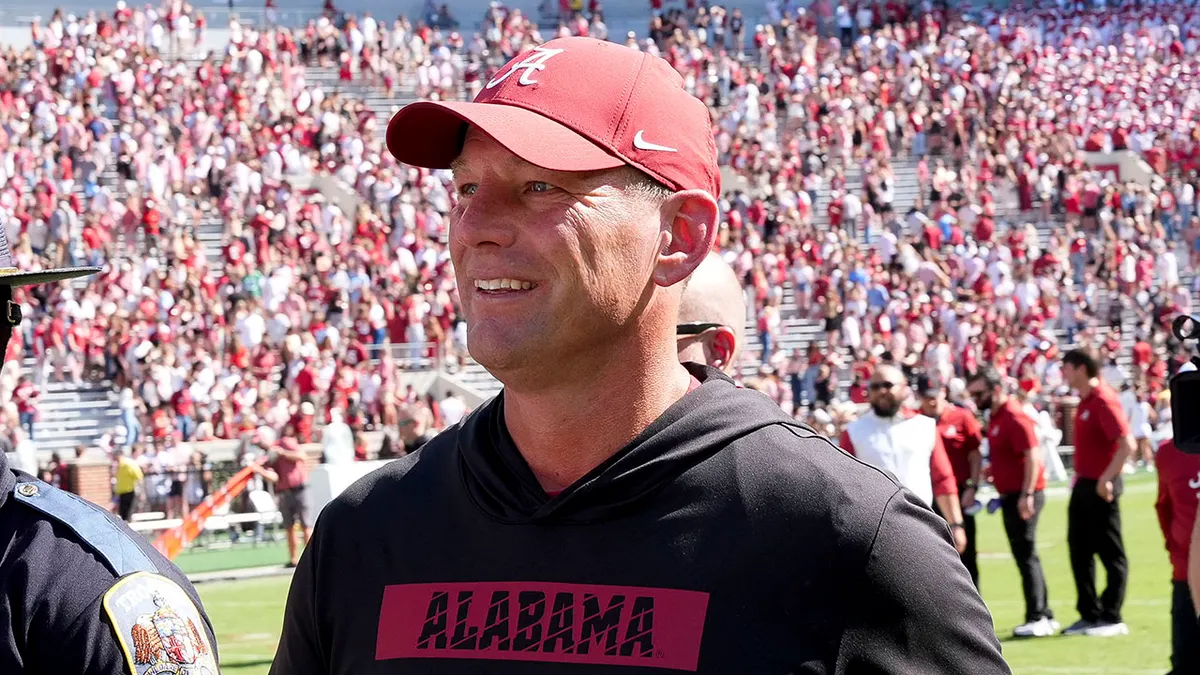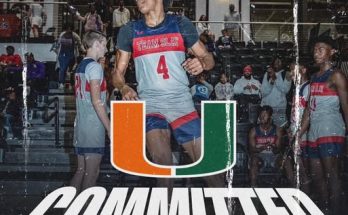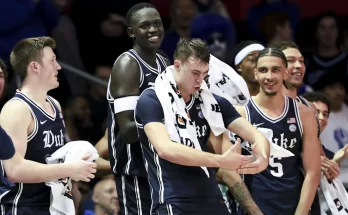When Kalen DeBoer left the Pacific Northwest for Tuscaloosa, Alabama, he knew he was stepping into a role unlike any other in college football. Replacing the legendary Nick Saban, who had turned Alabama into a dynasty, would never be easy. But DeBoer, a proven winner from his days at Fresno State and Washington, welcomed the challenge. What he didn’t fully expect—what has truly surprised him—is not the on-field pressure or even the massive expectations. Instead, it’s something more cultural, more ingrained.
“I knew football mattered here,” DeBoer said in a recent interview. “But I didn’t understand how much it’s part of people’s identity until I lived it day by day.”
The Religion of Football
In the South, college football isn’t just a sport; it’s a way of life. And nowhere is that more true than in Alabama, where Saturdays are sacrosanct and loyalties divide families. For DeBoer, who hails from South Dakota and cut his coaching teeth in states like California and Washington, the depth of emotional investment from fans has been both inspiring and, at times, overwhelming.
“You drive into work and people are already tailgating—on a Wednesday,” he laughed. “You walk into a gas station and someone’s quoting your postgame press conference from memory. The scrutiny is intense, but it comes from a place of passion. They care so deeply. That’s what’s really surprised me.”
This cultural intensity doesn’t just exist among fans. It permeates every part of the Alabama athletic department, from trainers and assistants to academic staff and alumni. It creates an atmosphere where winning isn’t just expected—it’s demanded. Every play, every decision, and every loss is dissected by millions.
“I coached in places where fans loved the team, but it didn’t consume them,” DeBoer said. “Here, it’s part of who they are. That’s humbling, but it’s also a big responsibility.”
The Legacy Factor
Another layer of surprise for DeBoer has been stepping into the shadow of Nick Saban. The seven-time national champion didn’t just coach Alabama football—he was Alabama football for nearly two decades. His departure left not just a vacancy, but a vacuum.
“Following a legend is never easy,” DeBoer acknowledged. “But I’ve been surprised by how gracious Coach Saban has been and how supportive the fan base has been, despite the shock of transition.”
Still, the expectations remain sky-high. DeBoer inherited a roster brimming with talent, including a returning quarterback in Jalen Milroe and a defense that once again looks like a top-five unit. But it’s not just about winning games—it’s about maintaining excellence.
“In Seattle, going to the College Football Playoff was a dream realized,” DeBoer said. “In Tuscaloosa, that’s just the starting point.”
Southern Hospitality—and Southern Intensity
For DeBoer and his family, the move to Alabama was more than just a professional relocation. It was a cultural shift. Coming from the laid-back West Coast lifestyle, the DeBoers found themselves embraced by a community that is both intensely friendly and unapologetically demanding.
“The hospitality has been unbelievable,” said DeBoer’s wife, Nicole. “People are always bringing over food, checking in, and offering to help. But there’s also this unspoken pressure—they want you to win, and they want you to do it now.”
This duality—warmth and intensity—defines much of Southern football culture. Coaches are expected to win, certainly, but also to represent the university, the region, and even the state with class and confidence. For DeBoer, that means attending church services, high school games, and local charity events, all while game-planning against Georgia and LSU.
“You’re not just the coach of Alabama football,” he said. “You’re a public figure. A representative. A steward of tradition.”
Recruiting Wars
One of the starkest surprises DeBoer mentioned is how competitive recruiting is in the South. While he had success recruiting nationally at Washington, nothing could prepare him for the intensity of recruiting in SEC territory.
“You have to be on all the time,” DeBoer said. “The kids here grow up dreaming of wearing Alabama, Georgia, LSU, or Auburn gear. It’s personal. Families are deeply invested in these decisions, and the battles are fierce.”
That’s especially true now in the NIL era, where every commitment can be swayed not only by tradition or coaching but also by financial packages. DeBoer noted how Alabama’s infrastructure, fan base, and established presence in the NIL marketplace have helped him compete, but the pressure to lock down elite classes year in and year out remains.
“We’re not just fighting for top-five classes anymore,” DeBoer said. “We’re fighting to be number one—because that’s what this place expects.”
The Media Frenzy
Another surprise? The non-stop media circus surrounding the program. Every practice rep is analyzed, every rumor catches fire, and every offhand comment can lead to a headline.
“At Washington, we’d get a handful of beat reporters at practice,” DeBoer recalled. “Here? You’ve got local, regional, national guys. ESPN shows up on a random Tuesday. It’s constant.”
Managing that spotlight has become part of DeBoer’s daily reality. While he’s naturally even-keeled, the media obligations and scrutiny have required him to refine his messaging and be more strategic with communication. He credits Alabama’s media staff for helping guide him, but the adjustment was real.
“There are no off days here,” he said. “If I say something on a Wednesday morning, it’s being dissected on national TV by Wednesday night.”
Player Development and Buy-In
Despite the culture shock, one of the pleasant surprises for DeBoer has been the level of buy-in from his players. From day one, team leaders have stepped up, and the locker room has rallied around the new staff.
“That was a big question mark coming in—how would these guys respond?” he admitted. “But they’ve been incredible. They’re hungry, humble, and ready to work.”
Veterans like Milroe, Malachi Moore, and others have embraced DeBoer’s coaching style, which blends West Coast offensive principles with SEC physicality. The transition hasn’t been without bumps, but the foundation of trust has been built quickly.
“We had to earn it,” DeBoer said. “But once they saw that we were here to help them succeed and that we respected the Alabama tradition, they bought in.”
Fan Expectations: A Blessing and a Burden
Perhaps the biggest surprise of all, DeBoer noted, is the psychological weight of fan expectations. Winning at Alabama isn’t just about racking up 10-win seasons—it’s about winning national titles. Anything less is viewed as failure.
“That’s a unique kind of pressure,” he said. “You win by three touchdowns, and people are still asking why you didn’t cover the spread. You lose a close game, and it’s like the sky is falling.”
But DeBoer also sees this as a blessing. It pushes him to be better, to never settle, and to aim for heights few programs can even dream of.
“If you’re not ready for that, you shouldn’t take this job,” he said. “But if you are? It’s the greatest job in the world.”
Building His Own Legacy
As Kalen DeBoer continues his first year at the helm, he’s keenly aware that the comparisons to Saban won’t go away. But rather than shy away, he’s chosen to embrace the challenge while carving his own path.
“I’m not Nick Saban. I never will be,” he said. “But I’m going to give everything I’ve got to uphold the standard he set, while building something that’s true to who I am.”
With spring practices behind him and fall camp on the horizon, DeBoer knows that the real evaluations won’t begin until Week 1. But in a short time, he’s already proven that he understands what this job means—not just in wins and losses, but in culture, in legacy, and in passion.
“The South is different,” he said. “But different doesn’t mean bad. It means intense. It means committed. And I wouldn’t want it any other way.



